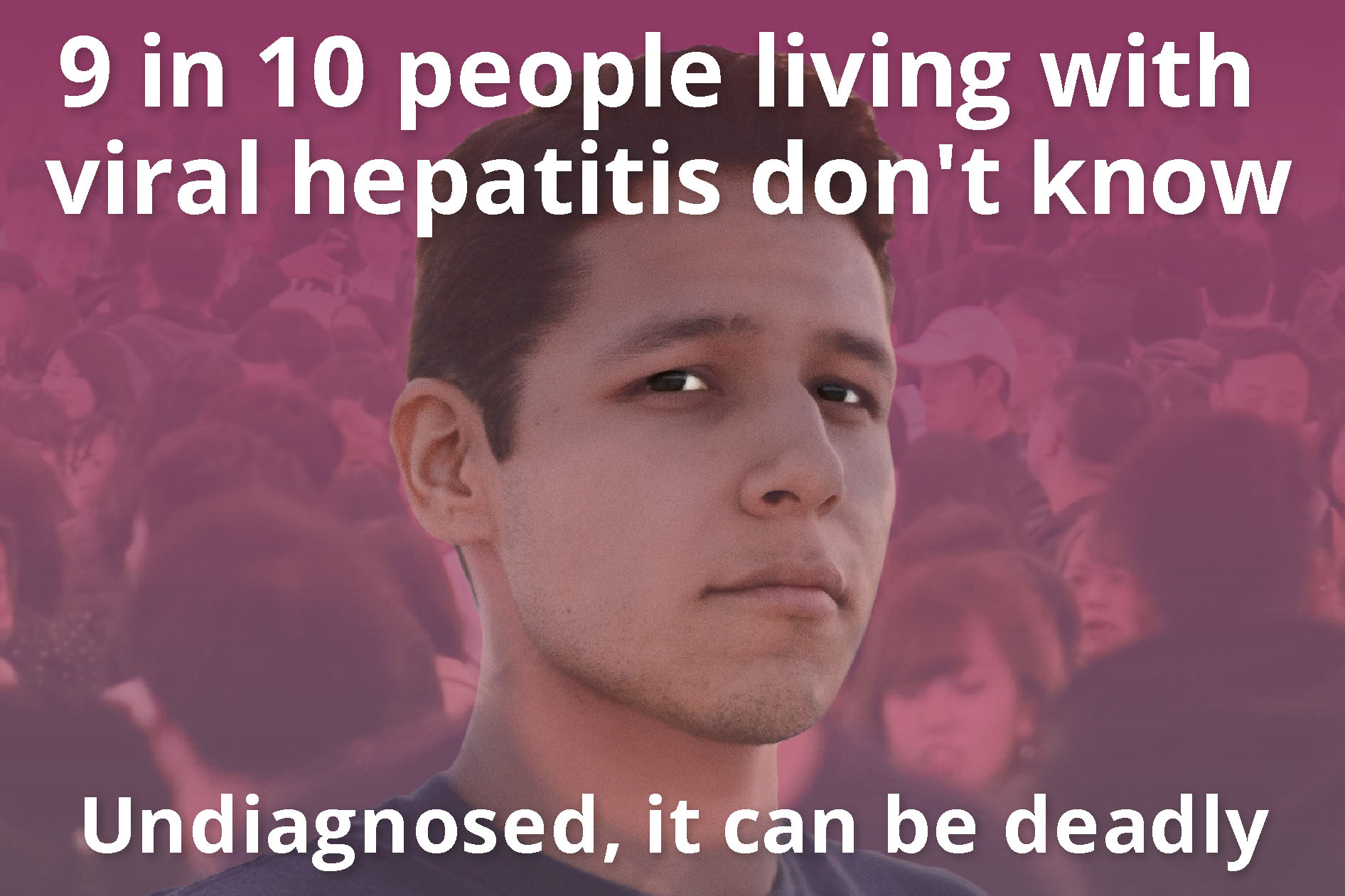- Home
- Home Care Services
- Disability Support NDIS
- Home Care Packages
- Resources
- Blog
- Contact
- COVID-19

Right at Home Blog
Right at Home raises awareness for World Hepatitis Day 2020
July 28 will mark World Hepatitis Day 2020.

Hepatitis, a group of infectious diseases classified by letters A, B, C, D and E, affects an estimated 400 million people worldwide. World Hepatitis Day is one of the World Health Organisation’s (WHO) seven officially mandated global public health days. The date of 28 July was chosen because it is the birthday of Nobel-prize winning scientist Dr Baruch Blumberg, who discovered the hepatitis B virus (HBV) and developed a diagnostic test and vaccine.
This year’s theme is ‘Find the Missing Millions’, which aims to draw attention to the 290 million people living with viral hepatitis unaware. The World Hepatitis Alliance (WHA) says that without finding the undiagnosed and linking them to care, millions will continue to suffer, and lives will be lost.
According to the WHO, Hepatitis is an inflammation of the liver. The condition can be self-limiting or can progress to fibrosis (scarring), cirrhosis or liver cancer. Hepatitis viruses are the most common cause of hepatitis in the world but other infections, toxic substances like alcohol, certain drugsand autoimmune diseases can also cause hepatitis.
There are five main hepatitis viruses, referred to as types A, B, C, D and E. These five types are of greatest concern because of the burden of illness and death they cause and the potential for outbreaks and epidemic spread. Types B and C lead to chronic disease in hundreds of millions of people and, together, are the most common cause of liver cirrhosis and cancer.
Hepatitis A and E are typically caused by ingestion of contaminated food or water. Hepatitis B, C and D usually occur as a result of parenteral contact with infected body fluids. Common modes of transmission for these viruses include receipt of contaminated blood or blood products, invasive medical procedures using contaminated equipment and for hepatitis B transmission from mother to baby at birth, from family member to child, andby sexual contact.
Acute infection may occur with limited or no symptomsor may include symptoms such as jaundice (yellowing of the skin and eyes), dark urine, extreme fatigue, nausea, vomiting and abdominal pain.
If you would like to learn more about Hepatitis A, B, C, D and E, visit the WHO website and follow the links to its fact sheets.
From all of us here at Right at Home.
In good health.
Keep up to date with COVID 19 information on the following links:
Australian Government Department of Health
Victorian Health and Human Services
Tasmanian Department of Health
Northern Territory Department of Health
Right Care Right at Home - Caring for Loved Ones at Home
Right at Home is a 'My Aged Care' government approved, home care provider for levels 1 – 4 and have a comprehensive portfolio of care services that ensure your loved ones get the care they need. Right at Home also provides care through the NDIS disability scheme. If you or someone you love needs care due to changed conditions because of Coronavirus, we have capacity so give us a call. Our number one priority is the safety of our staff and clients, and we follow strict hygiene and safety protocols.
If you have enjoyed reading this blog, please share it with you family and friends.
Founded in 1995, Right at Home offers in-home companionship and personal care, and assistance to seniors (elderly and aged care) and adults living with a disability who want to continue to live independently or age in their home. Right at Home is your local expert for issues related to caring for your loved ones and is dedicated to keeping you informed about home care. With no admin or subscription fees Right at Home allows you to get more care from your package or budget.
Right at Home is a 'My Aged Care' government approved, home care provider for levels 1 – 4 and offers flexible in-home care services such as nursing care, after hospital care, post-operative care, respite care, dementia and Alzheimer's care. Right at Home also offers assistance with daily living and personal care such as grooming, hygiene, transport, shopping, meal prep, domestic services and social support, so your loved one can enjoy a more independent, vibrant life. Our nurses and caregivers are screened, highly trained, and insured prior to entering your home so you can trust us with the caregiving while you focus on your loved one.
To find out more, please give us a call on 1300 363 802 or visit our website.
Right at Home Offices in Australia: Sydney Lower North Shore; Sydney Eastern Suburbs; Sydney Northern Beaches; Sydney North West; Sydney The Hills; Padstow St George; Macarthur Penrith; Newcastle; Hunter & Port Stephens; Southern NSW; Toowoomba- Darling Downs; Sunshine Coast; Mackay; Central Queensland; Townsville; Far North Queensland; Gold Coast South; Gold Coast North; Northern Rivers; Brisbane Bayside; Brisbane South; Brisbane West; Perth Midland; Perth Northern Suburbs; Kalgoorlie Wheatbelt;
Subscribe to our newsletter
Sign up to our newsletter to receive our latest news and information.
Blog Categories
Enjoyed reading our blog?
Subscribe to our monthly newsletter and receive all the best content from across the Right at Home Australia network straight to your inbox.
Our Locations
Queensland
New South Wales
Western Australia
Australian Capital Territory
South Australia
Victoria
Our Locations
Central West New South Wales
Gosford
Hunter & Port Stephens
Macarthur Penrith
Newcastle
Northern Rivers
Padstow St George
Southern NSW
Sydney Central & Eastern Suburbs
Sydney Five Dock
Sydney Inner West
Sydney Liverpool
Sydney Lower North Shore
Sydney Norwest
Sydney Northern Beaches
Sydney Parramatta
Sydney Ryde
Sydney Sutherland Shire
Sydney The Hills
Sydney Upper North Shore

© Copyright 2024 Homecare Group Pty Ltd ABN 31 166 722 658 ALL RIGHTS RESERVED
Right at Home, Unit 4 16-36 Nile Street 31 Woolloongabba, Brisbane QLD 4102


